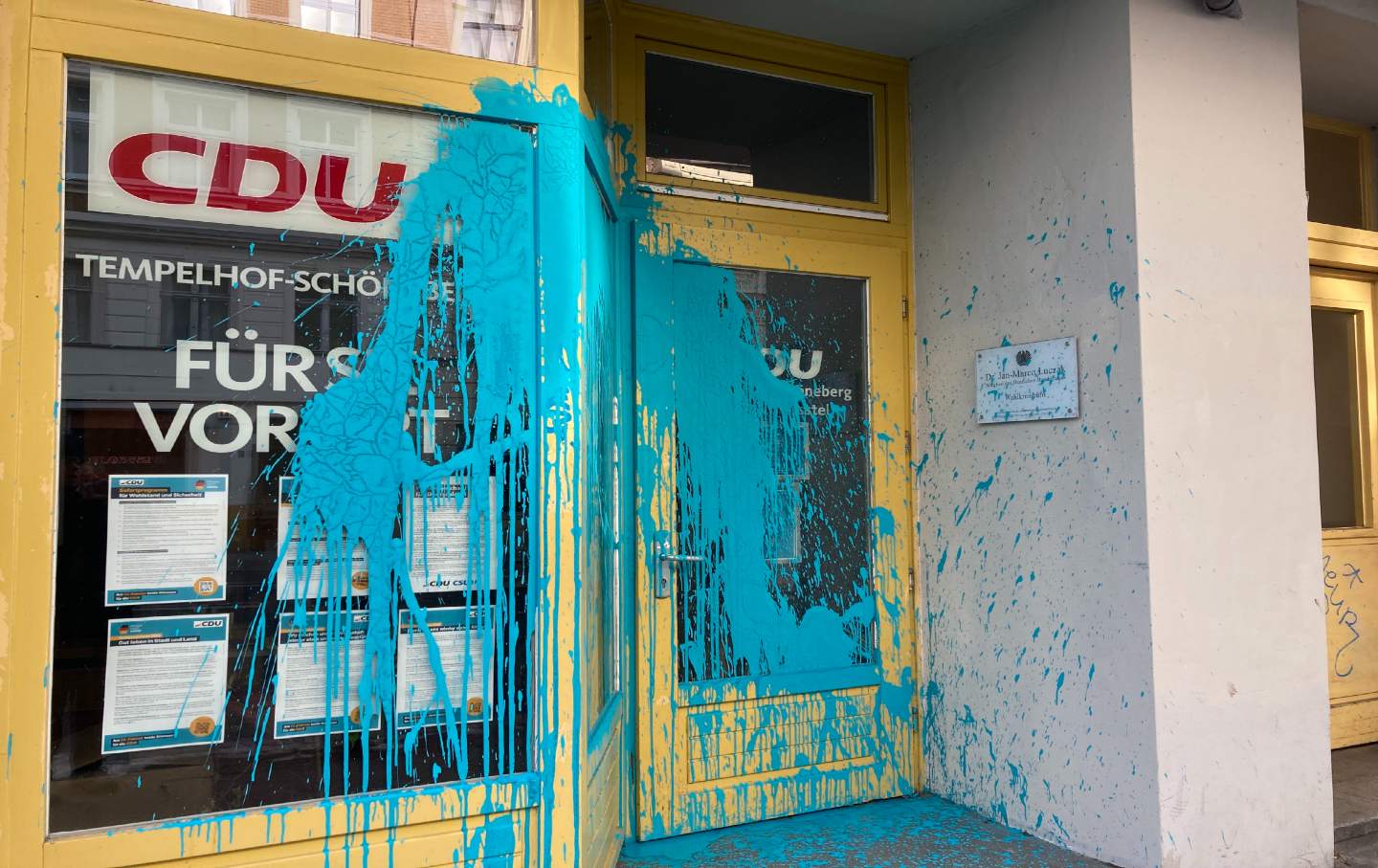Products You May Like
The political landscape in Germany is undergoing significant changes, partly influenced by the global rise of far-right politics, which was notably accelerated by Donald Trump’s presidency in the United States. Previously, Germany had been seen as a bulwark against the rise of far-right movements in Europe, largely due to its history, political culture, and a strong commitment to democracy and liberal values. However, recent developments indicate that this firewall is beginning to weaken.
The Alternative for Germany (AfD), a far-right political party, has been gaining traction, driven by a mix of economic dissatisfaction, cultural anxieties, and a reaction to immigration policies. With the fragmentation of traditional parties and coalition politics becoming more complex, the AfD’s presence in the political sphere has grown, particularly in Eastern Germany, where the party has found substantial support. The rise of the AfD reflects broader societal shifts and worries about Germany’s identity and place in Europe, which have been particularly pronounced since the onset of the refugee crisis in 2015.
The 2021 federal elections showcased this shift significantly, as the political establishment faced challenges from both far-right parties and other populist movements. Traditional parties such as the Social Democrats (SPD) and the Christian Democratic Union (CDU) are struggling to capture voters who feel disenfranchised or alienated by current policies, paving the way for the AfD’s increasing popularity.
Moreover, the new leadership within the CDU, particularly under Friedrich Merz, has stirred debate about the party’s direction, with some factions adopting more hardline stances on immigration and nationalism to counter the influence of the AfD. This has sparked concern that mainstream parties may start normalizing far-right rhetoric in an attempt to compete with the rising populism, which could further erode democratic norms and values in Germany.
Germany’s political landscape is further complicated by regional disparities, economic motivations, and a changing demographic. Younger generations, especially in urban areas, may be more liberal and progressive, while rural areas often express discontent with migration and economic instability, feeding support for the AfD. As a result, the political discourse is becoming increasingly polarized, leading to challenges for coalition-building and governance.
The implications of these shifts are profound—not only for Germany but also for the European Union’s stability. A successful far-right movement in Germany could embolden similar parties across the continent, disrupting the EU’s efforts to promote unity and democratic values. The rise of nationalism and the questioning of established norms pose significant challenges to social cohesion and the European project itself.
Looking ahead, it is crucial for political leaders in Germany to address the underlying issues that fuel support for far-right parties. Engaging in meaningful dialogue with disaffected communities, addressing economic disparities, and reinforcing the commitment to shared democratic values are essential steps to curb the rise of extremism.
Ultimately, the future of Germany’s political landscape hinges on the ability of traditional parties to adapt to changing voter sentiments while maintaining a staunch commitment to democratic principles. As the nation navigates these turbulent waters, the balance between accommodating legitimate concerns and safeguarding democratic integrity will be paramount in shaping Germany’s response to the challenges posed by the far right.
